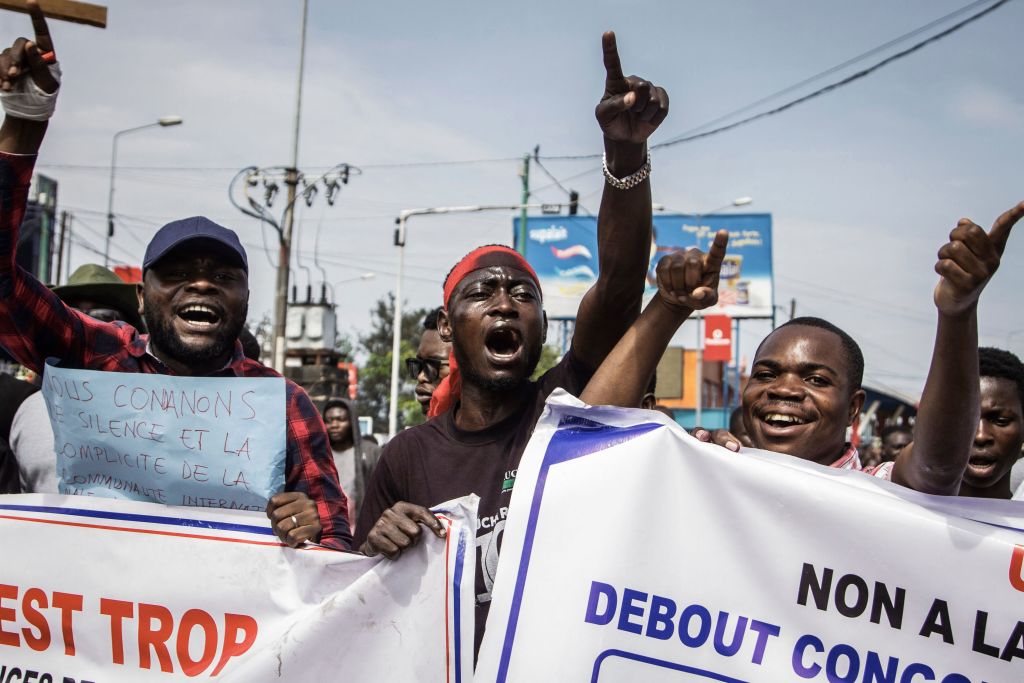ADF STAFF
Internet blackouts have become the tool of choice for many governments trying to quash protests or tamp down on unrest, sometimes in violation of their own constitution.
Advocates for internet freedom say that up to 90% of people on the African continent have experienced some kind of government-mandated total or partial internet disruption in recent years.
Among the most notable shutdowns was the Nigerian government’s blockade of the social media site Twitter in 2021 that lasted for seven months. It cost the nation more than $1.6 billion in lost business, according to internet analyst NetBlocks, which tracks internet shutdowns.
“Governments in an increasing number of countries in Africa are implementing internet shutdowns as a tool to assert or maintain control over populations,” Felicia Anthonio, #KeepItOn Campaign Manager at Access Now, a global human rights organization, told Nigeria’s Daily Post.
“These unjustifiable acts of dominance violate fundamental rights and democratic freedoms,” Anthonio added.
Nigeria’s Twitter blockade violated citizens’ right to assembly and free expression, according to internet activists.
African countries have recorded 88 full or partial blackouts since 2015, according to SurfShark, an internet access advocacy group based in the Netherlands. The continent accounted for 53% of all internet shutdowns in 2021, making it the most censored part of the world that year.
Access Now noted in a report that Nigeria shut down mobile phone access to the internet in the Zamfara and Kaduna areas in 2021 because criminal gangs were using the system to share information about government troop movements.
Protests have become a leading reason for internet blackouts. However, studies show that shutdowns rarely quell protests and sometimes make them worse by stirring more anger in the population.
In June, Sudan’s ruling junta disrupted internet service as protesters took to the streets to denounce the October 2021 coup and demand the transition to a civilian government.
Burkina Faso shut down internet service twice this year in connection with reports of uprisings and gunfire at military camps.
SurfShark identified Burkina Faso, Chad, Republic of the Congo, Ethiopia, Nigeria, Senegal, South Sudan, Sudan, Uganda and Zambia as countries that banned or blocked social media sites in 2021 — the year the company said internet blackouts worldwide dropped by 35%. In some cases, residents got around the blockades by using technology such as VPNs, or virtual private networks, to access the internet in other ways.
Several of those same countries shut down the internet during elections, denying their citizens access to information about issues and candidates, internet advocates say. Ethiopia shut down internet access in the Tigray region when fighting broke out there in 2021, effectively closing the region off from the world.
“Genuine democracy and internet shutdowns simply cannot exist in unison,” Access Now stated in a recent report.

